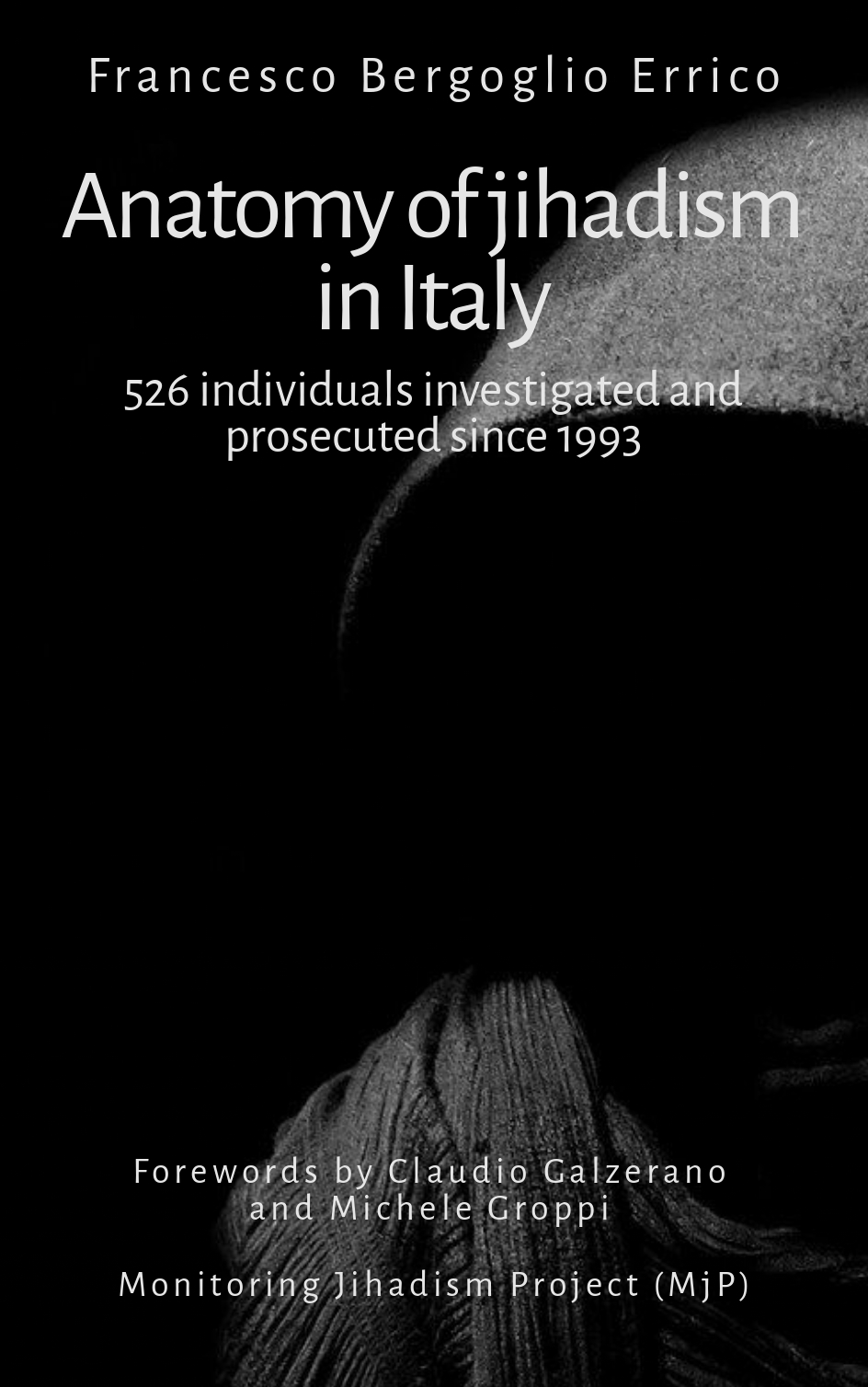Shabbi Khadiga
Shabbi Khadiga was born in Bengasi, Libya, on the 28th of December 1970. When she was initially arrested in December 2015 on charges of incitement to violence and terrorism, she was holding a PhD position in economics and statistical sciences at the University of Palermo, being the recipient of a scholarship sponsored by the Libyan embassy. She had been living in the Sicilian city since August 2012, always for study-related matters.
Shabbi had been a supporter of the 2011 revolution that led to the toppling of Libya’s dictator Muammar Qaddafi, and different family members were involved in the ensuing Libyan civil war, fighting against General Haftar’s faction. Her nephew, Al Shabbi Abdulrazek Fathi, for instance, had been fighting for the Islamist factions that opposed Haftar; additionally, another one of her relatives, Wissam Bin Hamid, was the leader of another jihadist militia named “Libya Shield One” closely affiliated with the terrorist group Ansar al-Sharia in Libya, which is loyal to Al Qaeda. Interestingly, she did not seem to fully subscribe to the most strict interpretation of Islam, as she did not wear the hijab.
Shabbi’s radicalism was mainly expressed through Facebook, where she often shared or “liked” content celebratory of the Islamist militias operating in Libya. These contents was unquestionably unsubtle in its violent messaging. Shabbi has expressed numerous times her support for the establishment of the caliphate, stating that the Islamic State could have been the right organisation to do so. In February 2015, she had also shared comments praising the IS terrorist attack at the Corinthias Hotel in Tripoli, where Libyan, Tagik, French, and American citizens lost their lives.
Nonetheless, her behaviour was not limited to online spaces. In January 2015 she had entered an altercation with another Libyan woman, Mohammed Najat Omar, who had shared comments critical of Libyan jihadist militias on Facebook. Najat had met Shabbi through a common acquaintance in Libya based on the two women’s shared interest in studying in Palermo. Najat, together with Shabbi, was also hosted by Wissam Bin Hamid before their departure. When Shabbi came to understand Najat’s political affiliation, she distanced herself from her. But in January, after the comments on Facebook, Shabbi went to Najat and outright threatened her, a threat that was later confirmed by Shabbi herself in a phone call with a friend. Najat, knowing of Shabbi’s affiliation was shaken to the point of fearing for her family’s wellbeing, as they were still in Libya. Shabbi later reportedly tried mending the relationship but failed to do so.
In February 2015, a call between Khadiga and a Turkish number was intercepted. The phone call related to a money transfer made by Shabbi through Western Union (known for its guarantees of anonymity) to an unidentified third party. During that same month, while she continued to support and spread jihadist propaganda through Facebook, she was informed that the Libyan police were closing in on her family in Libya, specifically on her nephew Abdulrazek, whom she unsuccessfully tried to bring to Italy.
In April 2015 Shabbi was informed of the death of her nephew during the fighting. The woman received numerous calls of support as she had been strongly destabilised by the loss. In this period the authorities reported that she intensified her activity of visualisation of radical content (much of which she also downloaded in the form of pictures and videos), she got into contact with foreign fighters who returned home so as to know of her nephew’s death, and she even contacted the administrators of a pro-Islamist Facebook group to express her availability for “whatever they might have needed”.
In September she again interfaced with the administrator of the group “Battalion of Libyan Martyrs” to ask for confirmation of her nephew’s death, as she admittedly never had definitive proof.
During a phone conversation with her sister Aziza, still in Libya, she voiced strong support for the words of Ayman Al Zawahiri, the head of Al Qaeda who had recently condemned ISIS for their strategy and methods in Syria. So, while distancing herself from ISIS, she still maintained that armed struggle against Russia and the USA was necessary.
Soon after, in December 2015 she was arrested by the anti-terrorism unit of the police. Initially, though, the judge for preliminary investigations decided that incarceration was not proportionate to her level of danger, and released her while she awaited trial. This decision was overturned in January 2016 by the re-examination tribunal of Palermo. On the 3rd of February 2017, she was found guilty of promoting terrorism and inciting violence. In his decision, the judge considered the traumatic loss of her family member, as well as her behaviour during interrogation, where she recanted her allegiance to radical interpretations of Islam. This led to a suspended sentence of 1 year and 8 months.
While freed, she was to be expelled from Italy, but her lawyer asked to grant her status of refugee, as Libya was still in a civil war. The request was approved on a temporary basis but was immediately voided by the Interior Minister. She was subsequently stuck in a centre for repatriation, as the state could neither send her back to Libya nor grant her legal stay. This situation protracted until December 2017 when she was acquitted on all charges by the Court of Appeal of Palermo, a judgement later confirmed in 2019 by the Court of Cassation.



